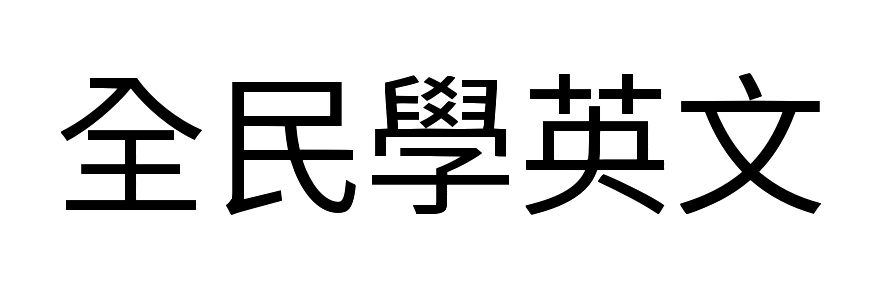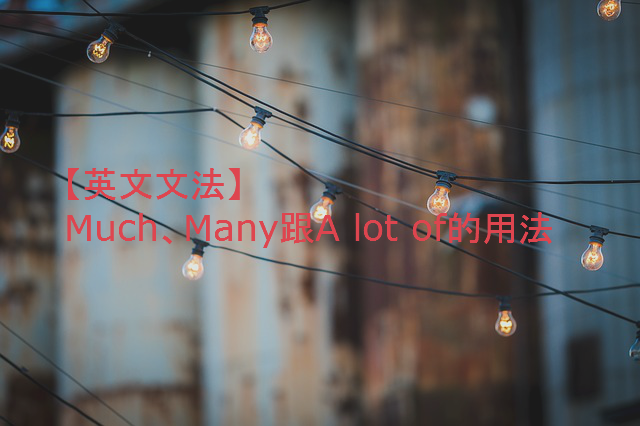編輯/霍楚昀
在英文中,我們會用很多單字來形容不同的數量,包括”many”, “much”, “few”, “less”, “a lot”, “lots”, “a little”……等等,Le’t talk 的 Rachna 老師針對兩個我們常用卻容易混淆的單字”many”和”much”做了一個大彙整,整理出了它們的用法和例句,以及一些特殊的例外。
1. Many 很多
正面用法 – 意思近似於”a lot”和”a big amount”
ex. She has many friends. 她有很多朋友
ex. There are many books on the table. 桌上有很多書
負面用法 –
意思近似於”a few”和”a small amount”
ex. They doesn’t have many subjects this semester.
ex. I don’t have many pens.
使用”many”的疑問句 –
ex. How many cars do they own? 他們有多少車?
ex. Are there many ways to get to the airport?
“many”後面接的名詞不用加上”s”的例外 –
ex. We have many children.
ex. There weren’t many people at the Geremany.
2. Much 很多
正面用法 – 意思近似於”a lot of”和”lots of”
ex. I have much time to help you.
ex. I have much money.
負面用法 – 意思近似於”a little”和”a small amount”
ex. She doesn’t have much patience.
ex. It didn’t take much time to reach office.
使用”much”的疑問句 –
ex. How much does the sweater cost?
ex. How much sugar do you have in your coffee?
“much”的特殊用法 –
ex. We didn’t have much news.
ex. I love you so much.
ex. The new software caused us too much trouble.
圖片來源:PublicDomainPictures
除了上面文章內容,你還可以參考下方更多相關英文教學。
更多英文文法
如果你喜歡學習各種英文文法、英文片語、口語英文、英文單字等等,歡迎追蹤全民學英文的 FB 粉絲專頁、Instagram,以及Line 官方帳號。




